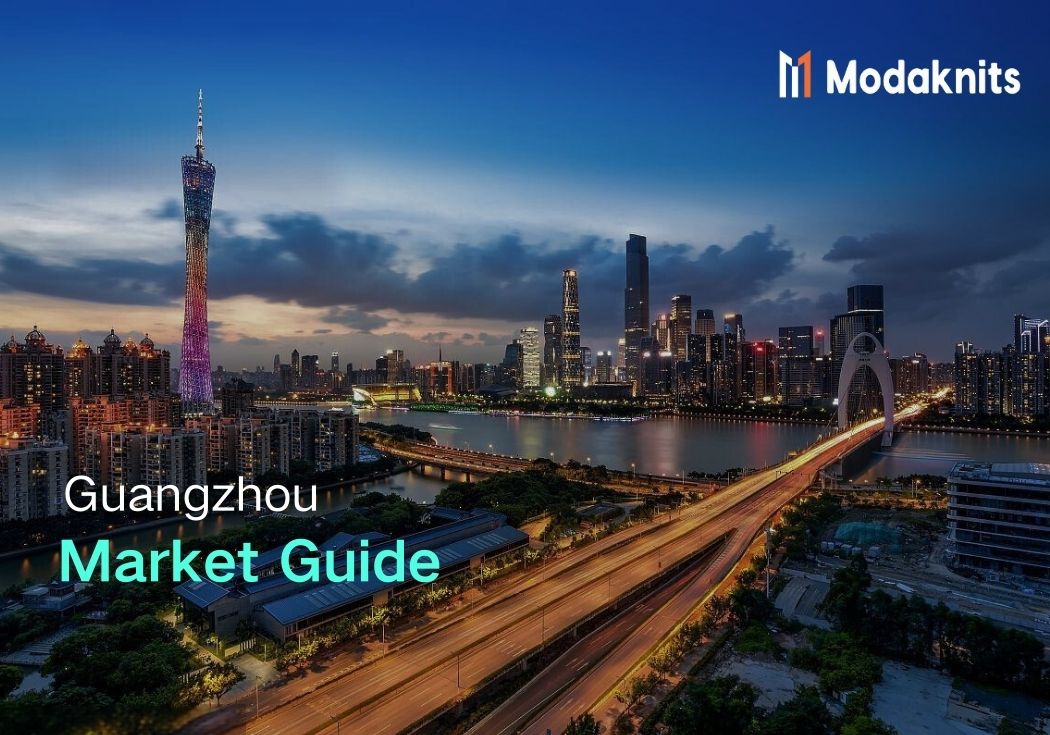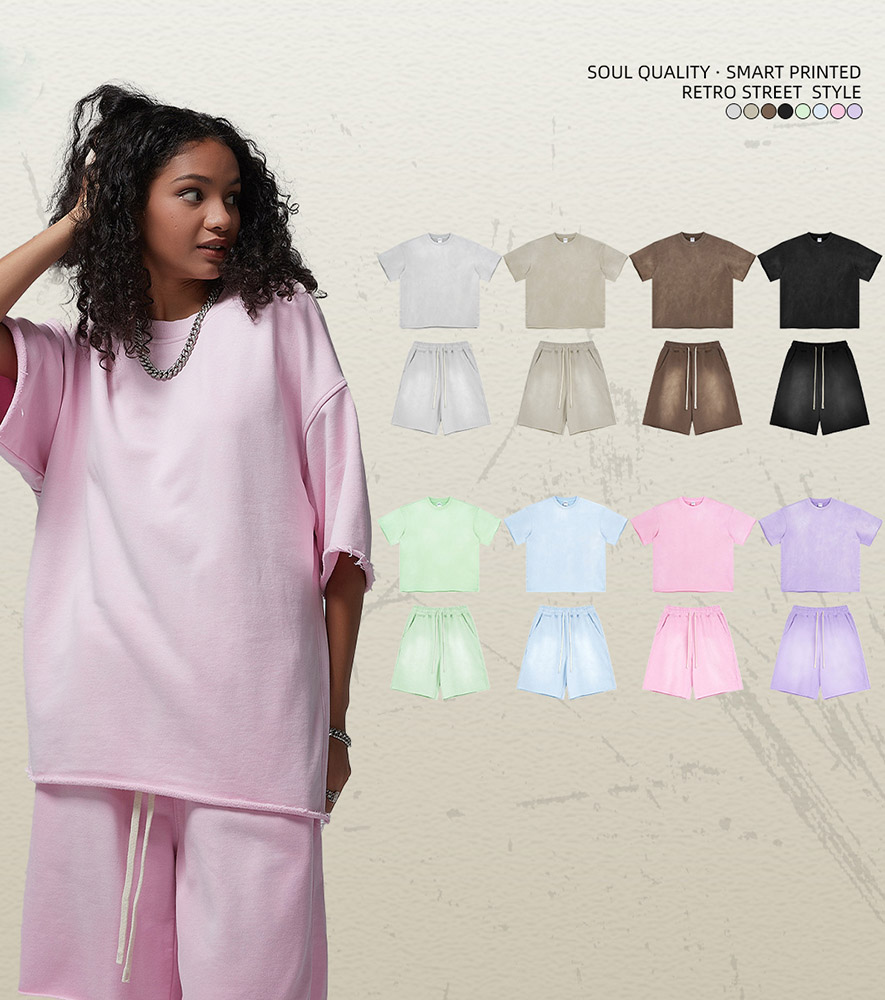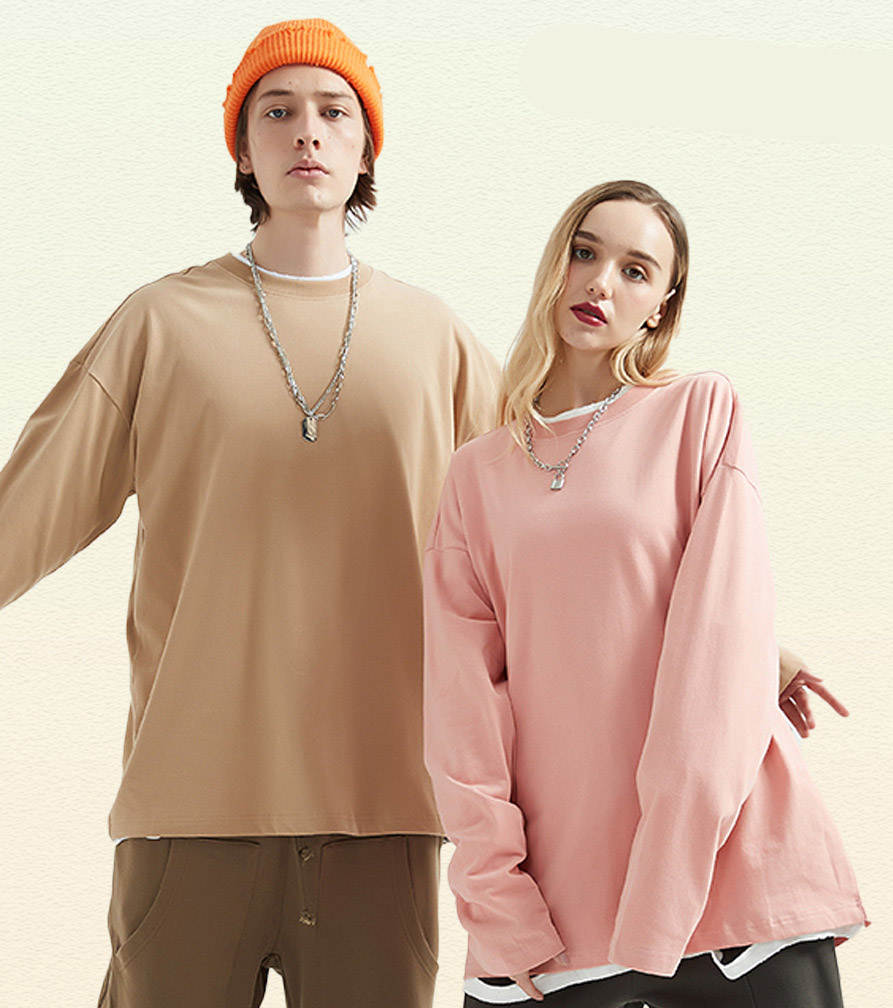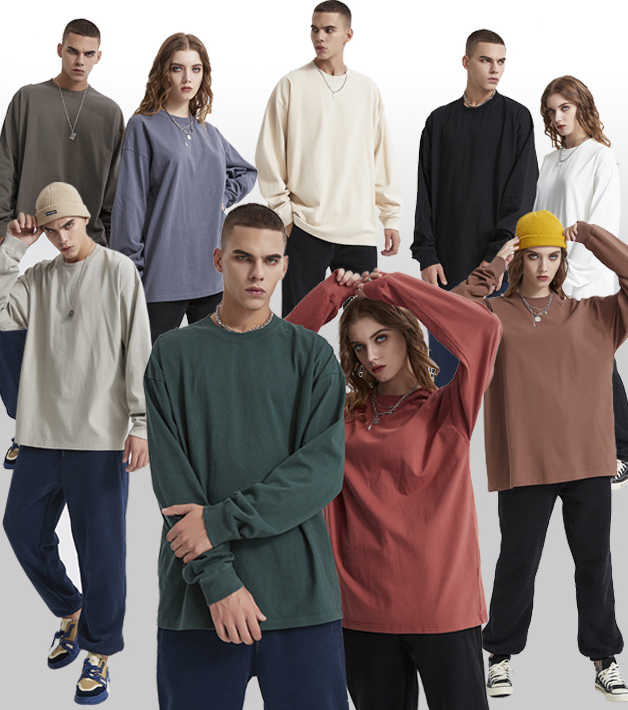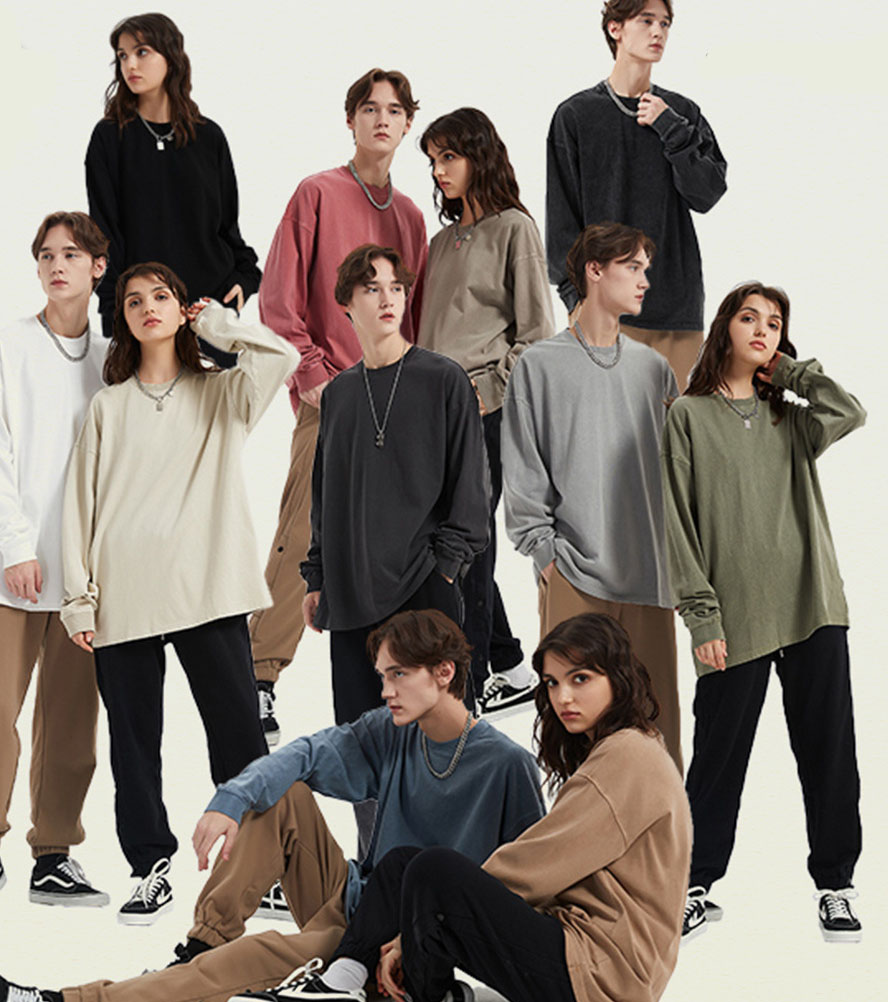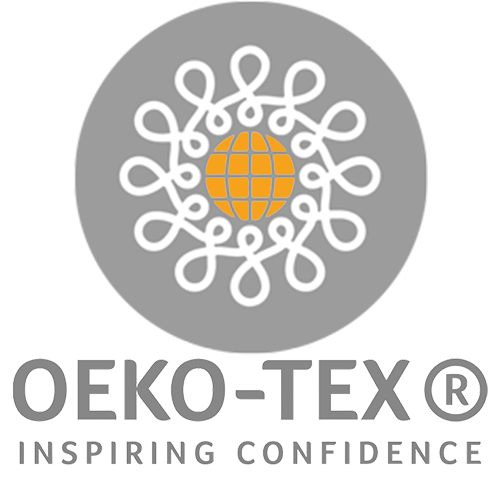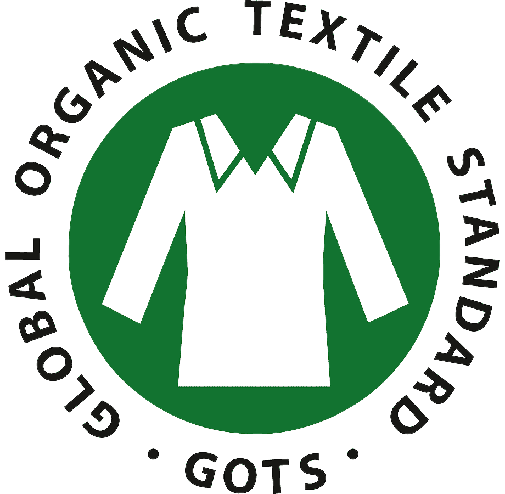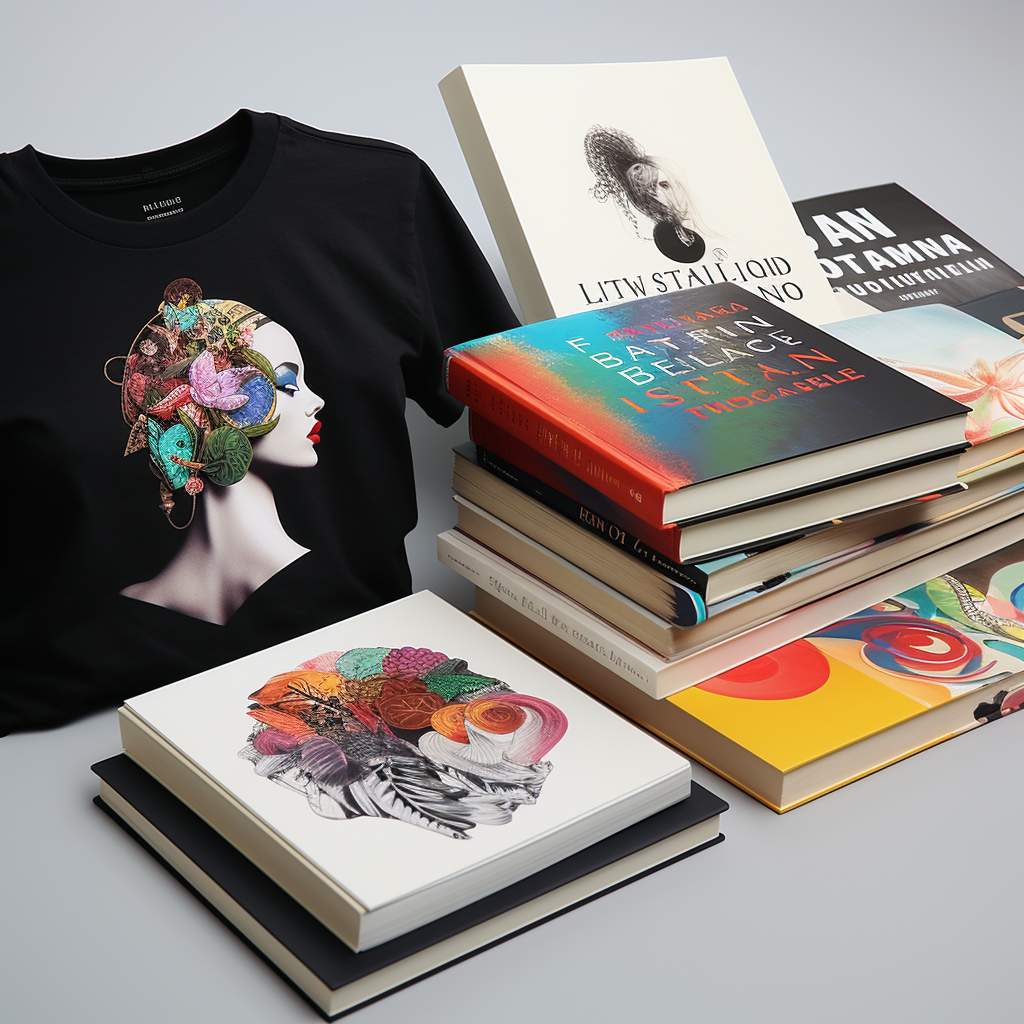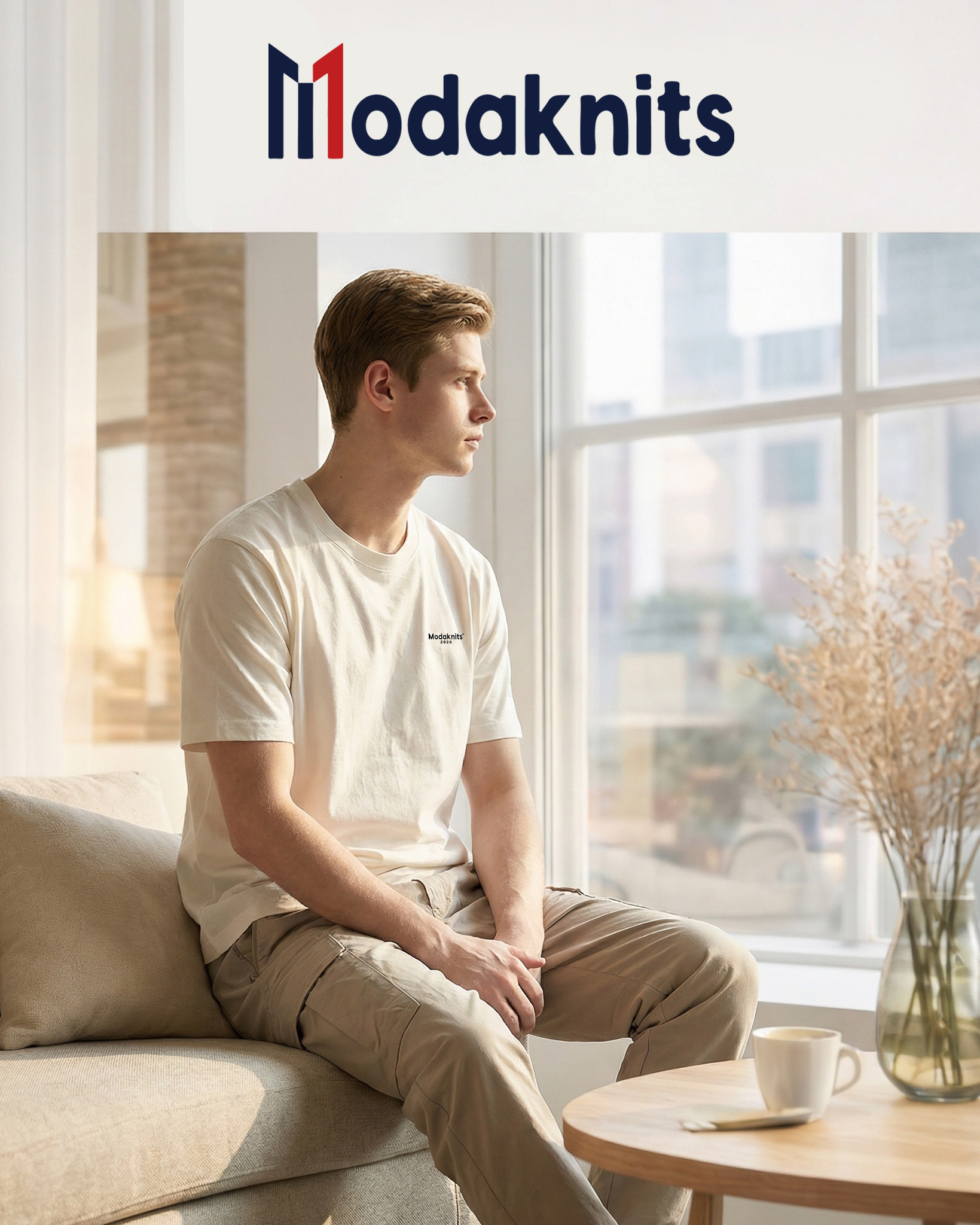When it comes to apparel manufacturing, no country plays a bigger role than China. For decades, China has not only been the largest global producer of garments, but also home to some of the most advanced, vertically integrated, and innovative manufacturers on earth. But who are the true industry giants—and what makes them so influential in global fashion supply chains1?
Shenzhou International2 is widely recognized as China’s biggest apparel manufacturer, but the broader ecosystem includes other powerhouses like Esquel, Pacific Textiles3, and Youngor. These companies set global standards for scale, quality, compliance, and innovation.
Let’s explore who leads the market, why China remains the manufacturing capital of the apparel world, and how you as a buyer can connect with these industry leaders.
Which Companies Are the Largest Apparel Manufacturers in China?

Sportswear Machine Display
China’s apparel industry is vast, but several giants truly stand out.
Why Is Shenzhou International Considered the Top Apparel Manufacturer in China?
Shenzhou International Group Holdings Limited is regarded as the top apparel manufacturer in China for several reasons:
- Massive Scale: Shenzhou employs more than 80,000 people across production bases in Ningbo4, Vietnam, and Cambodia. The company produces hundreds of millions of garments annually.
- World-Class Clients: Shenzhou is the go-to supplier for major brands such as Nike, Adidas, Uniqlo, and Puma, covering everything from sportswear to basic essentials.
- Vertical Integration: The company oversees every step—from spinning and knitting yarn to dyeing, finishing, and final garment assembly—ensuring control over quality, cost, and lead time.
- Innovation Leadership: Shenzhou invests heavily in automation, smart factory systems, and sustainability5, setting the bar for large-scale apparel production.
Their reputation for reliability and quality is why global sportswear brands trust Shenzhou with high-visibility launches and massive seasonal orders.
How Do Esquel Group, Pacific Textiles, and Youngor Group Compare in Scale and Output?
Esquel Group
Esquel is a world leader in high-quality cotton apparel, especially men’s shirts and luxury basics. Key facts:
- Supplies top brands like Ralph Lauren, Tommy Hilfiger, Hugo Boss, and Brooks Brothers.
- Renowned for eco-friendly manufacturing and pioneering organic cotton initiatives.
- Employs over 40,000 people and operates in China, Vietnam, Mauritius, and Sri Lanka.
Pacific Textiles
- Specializes in advanced knitting and dyeing for both domestic and global clients.
- Known for high production capacity and technical innovation, which help brands meet the fast-changing demands of the global market.
- Supplies Uniqlo, Adidas, and Decathlon, among others.
Youngor Group
- Focuses on men’s formalwear, particularly high-quality suits and shirts.
- Strong domestic brand presence with an extensive retail network.
- Combines modern garment production with vertical integration and branding expertise.
Other notable players include Bosideng (down jackets), Peacebird, and Luthai Textile, each excelling in their categories while maintaining international standards and impressive scale.
What Makes China the Global Leader in Apparel Manufacturing?
China’s dominance in apparel manufacturing is the result of a unique combination of scale, infrastructure, skilled labor, and continuous investment in technology.
How Do Infrastructure, Skilled Labor, and Technology Support Large-Scale Production?
- World-Class Infrastructure: Major ports like Ningbo and Shanghai, extensive highway and logistics networks, and export-focused supply chains ensure reliable, large-scale shipments.
- Deep Labor Pool: Generations of skilled workers—from pattern makers to machine operators—keep production fast and efficient.
- Technology and Automation: Leading companies invest in smart factories, digital patterning, robotic sewing, and AI-driven quality control. This reduces waste, boosts efficiency, and improves consistency.
- Vertical Supply Chains: Many companies handle spinning, weaving, dyeing, and assembly in-house, reducing lead times and improving transparency.
What Role Do China Apparel Manufacturers Play in Supplying Global Brands?

China’s leading apparel manufacturers are more than just suppliers—they are partners to global brands:
- Deliver consistent quality at scale, crucial for brand reputation.
- Support fast fashion brands with rapid prototyping and quick turnarounds.
- Offer R&D and co-development capabilities, helping clients innovate with new fabrics, finishes, or designs.
- Provide flexibility for both luxury and mass-market brands, adjusting production to meet seasonal and trend-driven demand.
Example: Uniqlo’s close partnership with Chinese suppliers has been a driving force behind its global growth, enabling the brand to combine scale, quality, and speed.
Where Are the Main Manufacturing Hubs for Apparel in China?
China’s apparel production is concentrated in a number of powerhouse regions and cities.
Why Are Cities Like Guangzhou, Shenzhen, and Ningbo Key for Apparel Production?
- Guangzhou: The fashion and apparel epicenter, with thousands of factories, textile markets, and the renowned Canton Fair. Known for fast fashion, boutique brands, and small-batch manufacturing.
- Shenzhen: Famous for tech-driven apparel, rapid design-to-production cycles, and proximity to Hong Kong’s finance and logistics networks.
- Ningbo: Home to Shenzhou International and other knitwear giants, this port city is central for bulk exports and advanced vertical integration.
Other notable hubs:
- Suzhou/Wujiang: Specializes in silks and woven fabrics.
- Changshu: Known for casualwear production.
- Hangzhou: Growing hub for e-commerce apparel brands, powered by the Alibaba ecosystem.
How Do Regional Clusters Benefit Both Manufacturers and Buyers?
Regional manufacturing clusters create dynamic “ecosystems” where suppliers, factories, designers, and logistics partners operate closely together:
- Faster sourcing of fabrics, trims, and components—everything is local.
- Efficient prototyping and sample development.
- Collaborative innovation, with shared access to new technologies, methods, and market insights.
For buyers, this means lower costs, shorter lead times, and greater flexibility to adapt to fashion trends or shifting demand.
How Do China’s Largest Apparel Manufacturers Ensure Quality and Compliance?
For global brands, quality and compliance are non-negotiable. China’s leading factories set rigorous standards.
What Certifications, Audits, and Standards Are Common Among Top Chinese Factories?
- ISO 9001 (Quality Management Systems): Ensures strict, systematic quality checks.
- OEKO-TEX Standard 100: Certifies textiles as free from harmful substances.
- WRAP, BSCI, Sedex: Audits for social compliance, labor rights, and ethical workplace practices.
- ISO 14001 (Environmental Management): Reflects responsible, sustainable manufacturing practices.
Top factories regularly host third-party audits and global brand inspections, maintaining transparent records to ensure buyers’ confidence.

How Do Leading China Apparel Manufacturers Adapt to Sustainability Demands?
- Invest in recycling, water-saving dyeing, and cleaner production processes.
- Adopt sustainable raw materials such as organic cotton and recycled polyester.
- Publish ESG (Environmental, Social, Governance) reports to demonstrate transparency and progress.
- Partner with global brands to launch closed-loop or circular fashion initiatives, recycling used garments into new products.
For example, Esquel Group’s leadership in organic cotton and water-saving manufacturing is recognized worldwide and aligns with the demands of top fashion clients.
How Can Buyers Connect with the Biggest Apparel Manufacturers in China?
Securing a partnership with China’s apparel giants requires the right approach and resources.
What Are the Best Platforms and Trade Shows for Sourcing Chinese Apparel?
- Canton Fair (Guangzhou): The largest trade fair in Asia for apparel and textiles—perfect for in-person sourcing and quality inspection.
- Intertextile Shanghai: A global platform for textile innovation and manufacturing partners.
- CHIC (China International Clothing & Accessories Fair): Focuses on ready-to-wear brands and supply chain innovation.
- Alibaba, Made-in-China, Global Sources: Online B2B platforms to research suppliers, view certifications, and request quotes or samples.
Pro tip: Visit trade shows to assess factories in person, or leverage online platforms for initial outreach and virtual sampling.
How Can Brands Build Long-Term Partnerships with Top China Apparel Manufacturers?
To build strong, long-lasting relationships:
- Send clear, detailed tech packs and quality requirements at the start.
- Start with sample orders and smaller production runs to establish trust and iron out communication or process issues.
- Visit factories or arrange video tours to meet the team, understand the workflow, and build rapport.
- Be transparent about your growth plans, forecasts, and partnership goals.
- Invest in regular, two-way communication to resolve issues early and maintain alignment.
Manufacturers in China value commitment and reliability. Treating your supplier as a strategic partner, not just a vendor, will yield better service, more favorable terms, and higher priority for your orders.
Conclusion
China’s apparel manufacturing sector is led by Shenzhou International and supported by a network of world-class companies like Esquel, Pacific Textiles, and Youngor. Together, they set the standard for global fashion production—offering unmatched scale, quality, compliance, and innovation. Whether you’re a startup or a global brand, building the right partnership with a top Chinese manufacturer can unlock new levels of efficiency, reliability, and growth for your business.
-
Learn about the robust supply chains that facilitate large-scale apparel production in China. ↩
-
Explore Shenzhou International’s innovative practices and massive scale in apparel manufacturing. ↩
-
Discover how Pacific Textiles excels in advanced knitting and dyeing for global clients. ↩
-
Discover how Ningbo serves as a central hub for advanced vertical integration in apparel. ↩
-
Explore the innovative sustainability practices adopted by leading apparel manufacturers in China. ↩


